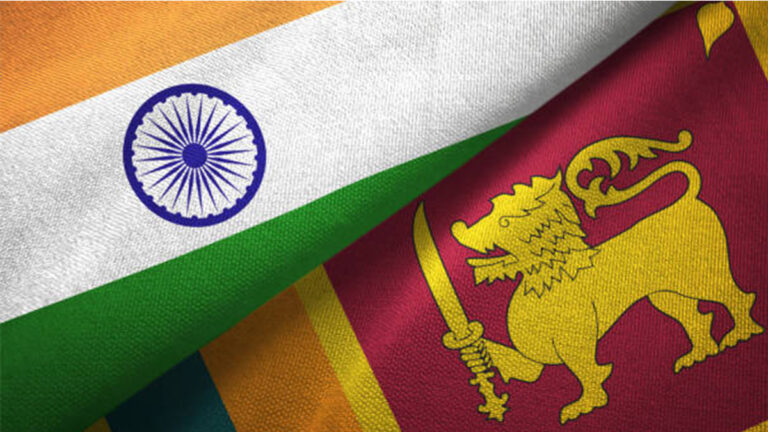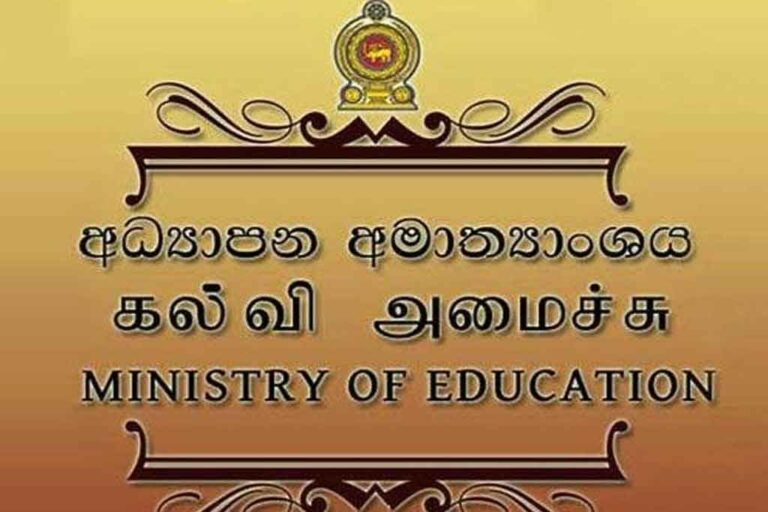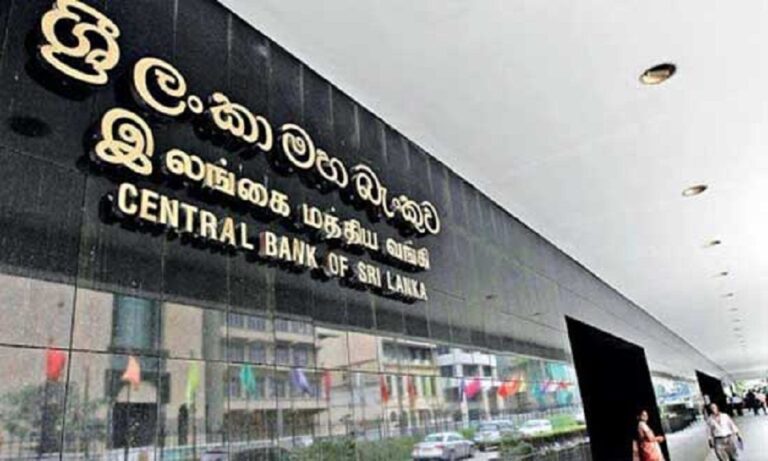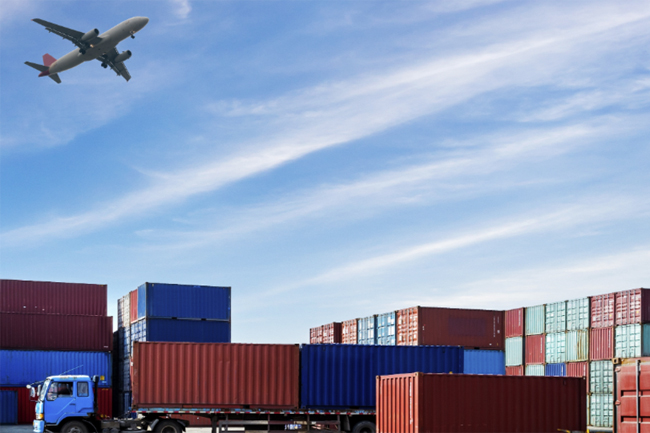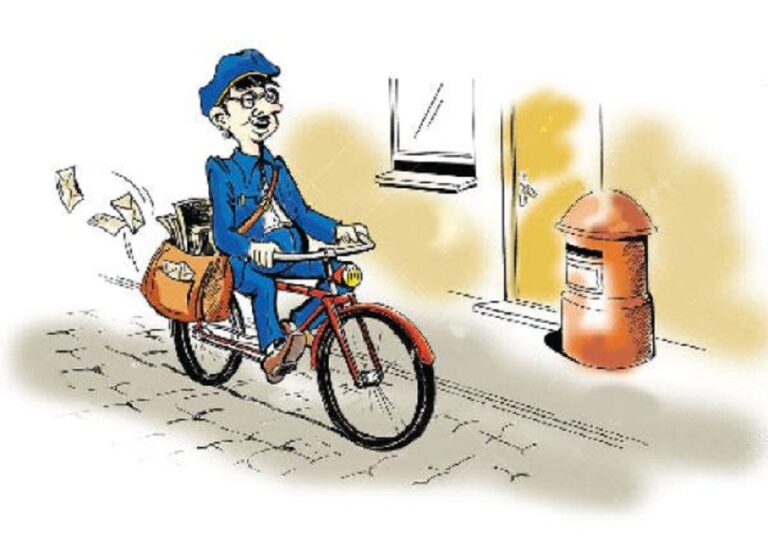N.Lohathayalan.
Indian Prime Minister Narendra Modi has prioritized pursuing a “neighbourhood first” policy with Sri Lanka being at the forefront of this approach. PM Modi has throughout his nine-year tenure as Prime Minister, set an exemplary standard for others to emulate. His transformative endeavours have propelled India from its modest beginnings towards prosperity.
India’s economy has during PM Modi’s tenure, experienced substantial growth, surpassing the 3.5 trillion US dollar mark from its initial 1 trillion dollars in 2014. This progress serves as tangible evidence for Sri Lanka, India’s prominent neighbour, that India is undoubtedly the path to follow in various aspects.
India last week reaffirmed its commitment to the people of Sri Lanka to enable them to use the USD 1 billion Indian credit facility for the procurement of medicine, food and other essentials for one more year. External Affairs Minister (EAM) S Jaishankar recently underscored the importance of India’s “Neighbourhood First” Policy and highlighted the significant financial support of USD 4 billion provided by India to Sri Lanka last year.
The EAM said that India was the first nation to extend assistance to Sri Lanka for debt restructuring and played a crucial role in securing financing assurances from the IMF. PM Modi has shown remarkable resilience in dealing with various domestic and international crises. Rooted in his humble beginnings, he has applied his personal philosophy to drive India’s transformative journey.
A recent example of his distinct approach was witnessed during the inauguration of the new Parliament, where he chose to walk alone towards the building, halting his motorcade, bodyguards and bureaucrats some 200 meters away. Another testament to his commitment to equality is the appointment of Droupadi Murmu, a member of the tribal community, as the President of India. This decision reflects his dedication to providing equal opportunities to deserving individuals, regardless of their background.
India has provided assistance to Sri Lanka. This includes substantial financial aid and India’s personal guarantee in obtaining the IMF bailout of USD 2.9 billion in support of the country’s economic stability. Senior BJP leader Vijay Jolly asserted “Prime Minister Modi has proved that after completion of nine years in power, he still commands the majority admiration of all Indians in the Republic of India.
He added, “Modi as the Prime Minister has emerged as a global leader and widely accepted by Western leaders and nations alike and has made India politically, militarily and diplomatically vibrant”. He stressed further that their leader has provided Sri Lanka fiscal breather during its serious financial crisis and India stood as an all-weather friend of Sri Lanka. On India’s support of housing in Sri Lanka, Indian High Commissioner to Sri Lanka, Gopal Baglay, highlighted the significant funding for the Indian Housing Projects (IHP). He emphasized the expeditious completion of Phase-3 of the IHP, which aims to construct 4,000 houses through grant assistance from the Government of India (GOI) in the plantation areas of Sri Lanka. These houses are being built across seven districts in the Central, Uva, and Southern Provinces.

